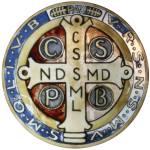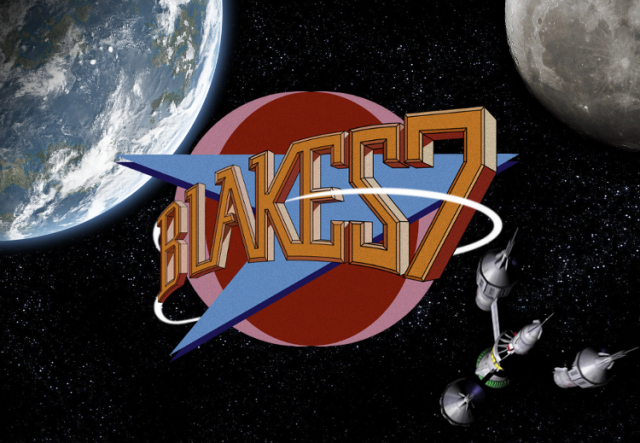
Melissa Cain Travis
John Locke (1632-1704) is considered one of the most influential thinkers of the Enlightenment. His treatise, Essay Concerning Human Understanding, discusses the limits of human knowledge in relation to a wide range of topics. In Chapter 10 of Book 4, he offers an argument for the existence of God that reminded me of the debt contemporary apologetics owes to great thinkers of the Western Tradition.
Following Descartes, Locke declares that nothing is more certain than that we ourselves exist. To doubt that we exist is to affirm that a doubter exists! Remember Decartes’ famous “cogito ergo sum” (I think, therefore I am”). Locke argues that from the fact of our own existence, we can demonstrate the existence of God.
This is how he proceeds:
In the next place, man knows, by an intuitive certainty, that bare nothing can no more produce any real being, than it can be equal to two right angles….If, therefore, we know there is some real being, and that nonentity cannot produce any real being, it is an evident demonstration, that from eternity there has been something; since what was not from eternity had a beginning; and what had a beginning must be produced by something else.
In other words, nothing can’t produce anything–from nothing, nothing comes. All things that have come into being must be traced back to a source that has existed from eternity (if the dreaded infinite regress is to be avoided). If this sounds familiar, it’s because it is roughly the second premise of the Kalam Cosmological Argument, which states: Anything that begins to exist must have a cause of its existence.
Locke goes on to explain how he believes we can deduce some of the attributes of this first cause of all being:
Next, it is evident, that what had its being and beginning from another, must also have all that which is in and belongs to its being from another too. All the powers it has must be owing to and received from the same source. This eternal source, then, of all being must also be the source and original of all power; and so this eternal Being must also be the most powerful.
He is saying that because we have some powers (abilities), our source must have powers, even greater than our own.
The final leg of his argument is what I find most interesting and relevant to the current project of apologetics. Men, he says, find themselves to be knowing, rational creatures, and from this fact we should infer that an intelligent being is our source. To materialists who would claim that there was a time in cosmic history when “no being had any knowledge,” he responds:
I reply, that then it was impossible there should ever have been any knowledge: it being as impossible that things wholly void of knowledge, and operating blindly, and without any perception, should produce a knowing being, as it is impossible that a triangle should make itself three angles bigger than two right ones. For it is as repugnant to the idea of senseless matter, that it should put into itself sense, perception, and knowledge, as it is repugnant to the idea of a triangle, that it should put into itself greater angles than two right ones.
If, nevertheless, any one should be found so senselessly arrogant, as to suppose man alone knowing and wise, but yet the product of mere ignorance and chance; and that all the rest of the universe acted only by that blind haphazard; I shall leave with him that very rational and emphatical rebuke of Tully, to be considered at his leisure: “What can be more sillily arrogant and misbecoming, than for a man to think he has a mind and understanding in him, but yet in all the universe beside there is no such thing: Or that those things, which with the utmost stretch of his reason he can scarce comprehend, should be moved and managed without any reason at all?”
(“Sillily,” as in: absurdly.) Just as it is impossible for the interior angles of a triangle to exceed a sum of 180 degrees (two right angles–yay, geometry!), so it is impossible for perception and knowledge to result from blind chance acting upon matter.
Arguments related to human reason, since Locke, have become more sophisticated, but at their root is this very idea, that it is nonsensical to propose that intelligence could ever arise from any non-intelligent source.
For further reading on related (and quite powerful) arguments, I recommend C.S. Lewis’ Miracles, Dr. Alvin Plantinga’s Where the Conflict Really Lies, and Dr. Angus Menuge’s Agents Under Fire.

John 1: 1-5 In the beginning was the Word, and the Word was with God, and the Word was God. The same was in the beginning with God. All things were made by him; and without him was not any thing made that was made. In him was life; and the life was the light of men. And the light shineth in darkness; and the darkness comprehended it not.
Melissa Cain Travis serves as Assistant Professor of Apologetics at Houston Baptist University. She is the author of Science and the Mind of the Maker (forthcoming, Harvest House 2018) and the Young Defenders series (Apologia Press). She is a writer for Christian Research Journal and blogs at melissatravis.com.





